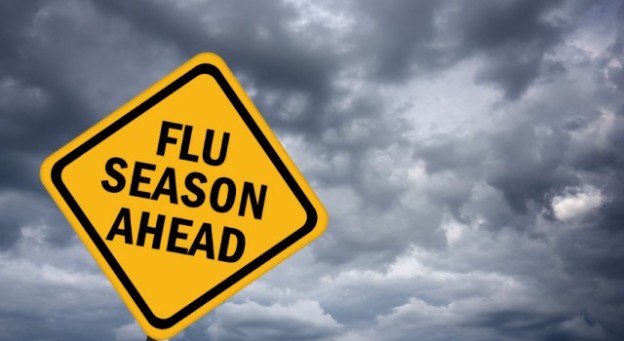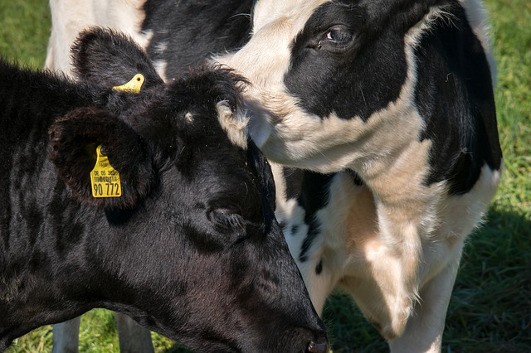The research paper published by the Oxford University is indeed nothing short but stunning as it models the impact on health and environmental issues between now and 2050 by switching to a plant-based diet. The results are incredibly encouraging and should make anyone aware that the diet choice we use to make today has either a devastating impact or a very beneficial impact on generations to come. Take time to read the following article. It’s really mind-boggling!
“There is never a shortage of interesting things to read in a world where information and opinions flow so freely. But even so, last week was special.
A research paper that can only be called stunning, published by a group at Oxford University in the Proceedings of the National Academy of Sciences, modeled the health, environmental and economic impacts of alternative dietary practices between now and 2050. Just like 1984 for Orwell, 2001 for Kubrick and Miami in 2017 for Billy Joel – when those dates were all first chosen – 2050 is currently hazy over the time horizon of our easy perception, but will get here in a hurry. Orwell and Kubrick have seen their futures become the past – it will be 2017 in Miami, as elsewhere, in nine months. We may hope the lights on Broadway stay on.
So it is that 2050 will get here, too, and maybe in the time it takes for us to blink, or turn around. The world of 2050 is not a remote or mythical proposition. It’s where those of us in the middle of the demographic curve now will be looking on at children in the middle of the demographic curve then. Our grandchildren will be young adults, or even adolescents. It’s a world far too few degrees of separation away for us to be complacent about it.
That stunning analysis by Marco Springmann and colleagues models alternative versions of 2050 for us, based on the dietary choices we make between now and then. The paper, in all its glory and the grisly arcana of its methods, is available for you here. A sanitized, pop culture synopsis, here.
In brief, the analysis reveals mind-bogglingly massive benefits to human health, the climate andenvironment, and the global economy with a major, worldwide shift to more plant-based eating. The impact is the greatest in developing countries with huge populations where, at present, the trend is ominously in the wrong direction. Meat intake is rising in India and China.
Compelling as this paper is on its own, it is that much more so in the context of two other noteworthy and contemporaneous provocations. The first is a new model of climate change, described in the New York Times, suggesting that all the dire consequences projected for centuries and evoking yawns, may play out over mere decades instead. This model is admittedly controversial, although anyone looking around has cause to consider that things do seem to be changing visibly fast. We have already had initial introductions to New England without winter. It’s very disquieting.
Finally, there was a thoughtful commentary by the unfailingly thoughtful Nicholas Kristof, again in the New York Times. Kristof’s ruminations were on the topic of risk distortion, an abiding concern to those of us in preventive medicine. While sharing our collective dismay over the terrorist toll in Brussels, Kristof points out the vastly greater threat to that city of climate change. Like so many of the world’s great cities, Brussels is coastal. According to the script ever more indelibly on the wall, that means it will be under water in a future foreseeable to anyone with eyes open and maybe, even, in mere decades.
I have friends in Brussels. No one is contesting the gravity of terrorism. But the reality is that terrorism is terrible, but a low-order risk to any one of us on any given day, and life goes on. When most of the world’s major cities are drowning at the same time, life as we know it will not go on – it will go away. It will give way to almost unfathomable misery and mayhem. The very course of civilization, and perhaps the fate of humanity, will be recast accordingly.”
Read the full article at healthusnews.com!








loving the page
Thank you, Funky Vegan
Josh Macias Plevin Maia Plevin